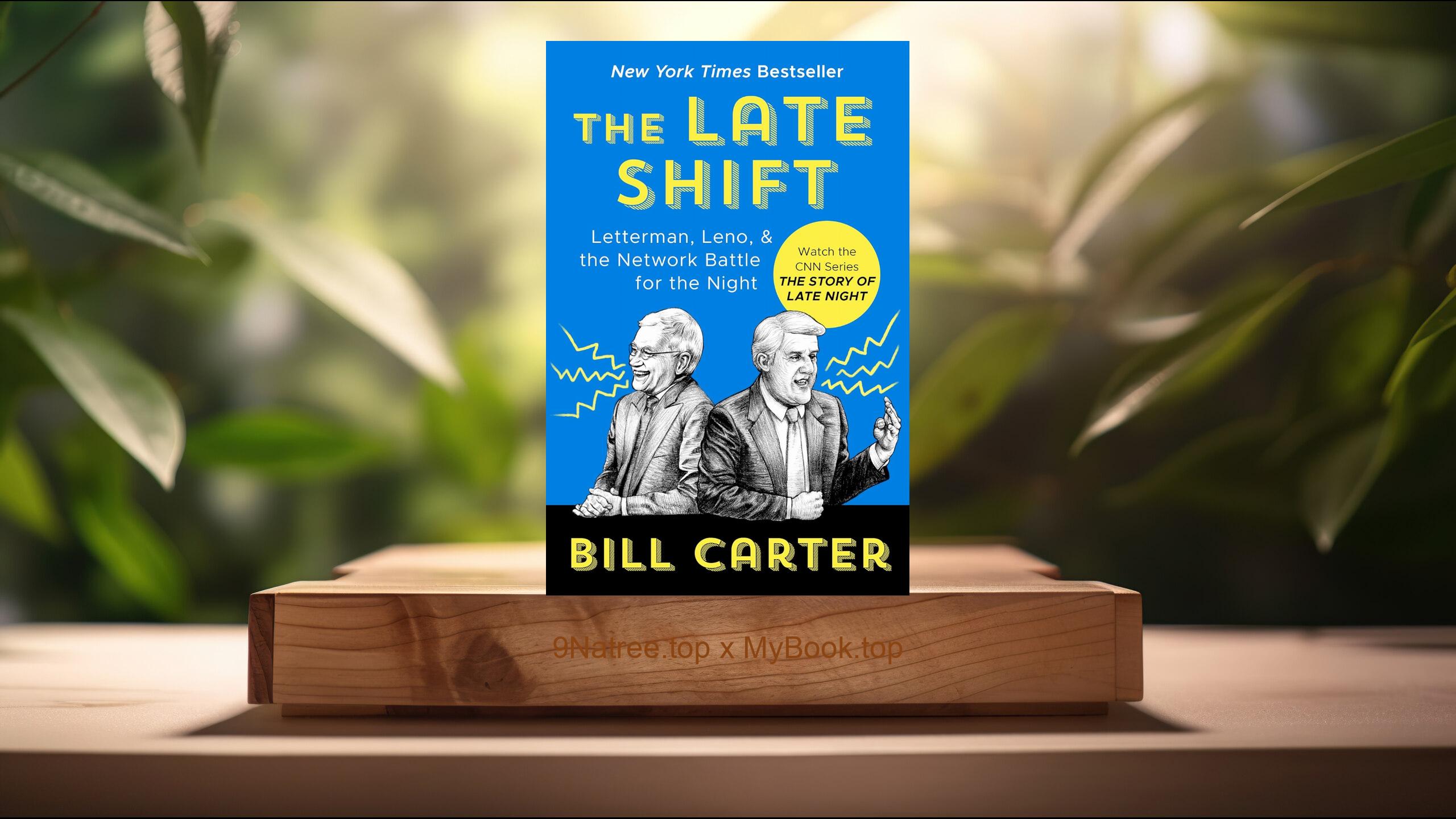Show Notes
- Amazon USA Store: https://www.amazon.com/dp/B07ZWKHM8N?tag=9natree-20
- Amazon Worldwide Store: https://global.buys.trade/Good-Economics-for-Hard-Times-Better-Answers-to-Our-Biggest-Problems-Abhijit-V-Banerjee.html
- eBay: https://www.ebay.com/sch/i.html?_nkw=Good+Economics+for+Hard+Times+Better+Answers+to+Our+Biggest+Problems+Abhijit+V+Banerjee+&mkcid=1&mkrid=711-53200-19255-0&siteid=0&campid=5339060787&customid=9natree&toolid=10001&mkevt=1
- Read more: https://mybook.top/read/B07ZWKHM8N/
#Economics #Inequality #Immigration #ClimateChange #EmpiricalResearch #GoodEconomicsforHardTimes
These are takeaways from this book.
Firstly, Rethinking Economic Growth, Banerjee and Duflo delve into the popular assumption that continuous economic growth is the ultimate solution to societal problems. They argue that while growth is important, it is not the panacea that many believe it to be. The authors dissect the myths surrounding traditional economic growth models and emphasize the need to develop inclusive growth strategies. They highlight how a sole focus on GDP overlooks crucial aspects like distribution of wealth and societal well-being. Importantly, they provide evidence showing that prosperity is not solely determined by economic expansion but is influenced equally by social indicators such as healthcare, education, and equality. Banerjee and Duflo advocate for policies that reduce inequality and suggest incorporating environmental sustainability into growth agendas, thus urging policymakers to rethink how economic success is measured. Their analysis prompts readers to consider a broader definition of growth, encompassing outcomes that truly matter for societal progress.
Secondly, Understanding Immigration, In the book, the authors tackle the contentious issue of immigration, challenging common misconceptions and fears. They present comprehensive data illustrating how immigrants positively contribute to the economies of their host countries, often bringing skills and labor that complement native workforces. Banerjee and Duflo counter the myth that immigrants are job-stealers or tend to overburden public services. Instead, they argue that the integration of immigrants boosts innovation, fills labor shortages, and promotes cultural diversity. The authors emphasize the importance of creating policies that foster integration and emphasize the potential benefits over perceived threats. They highlight how misinformation about immigration fuels xenophobia and advocate for a narrative shift based on evidence and understanding. Through a balanced exploration, they present immigration as a potential driver for economic and social enhancement when managed with foresight and empathy.
Thirdly, Addressing Inequality, Inequality is a central theme in Good Economics for Hard Times, where Banerjee and Duflo explore its multifaceted nature. They examine how inequality is not merely an economic challenge but also a social and moral one. The authors argue that drastic income disparities lead to diminished social cohesion and erode trust within communities. They delve into the structural causes of inequality and the role of policies in perpetuating such divides. Banerjee and Duflo underscore the importance of equitable policies, such as progressive taxation, universal basic income, and access to quality education, as essential measures for reducing inequality. By presenting empirical studies, they shed light on successful interventions from around the world and encourage a policy shift towards inclusivity. The book urges readers to recognize the interconnectedness of global issues, stressing that tackling inequality is critical for achieving long-term prosperity and stability.
Fourthly, Confronting Climate Change, The book gives significant attention to the urgent issue of climate change, explaining its economic implications and recommending strategies to address it. Banerjee and Duflo debunk the fallacy that environmental action is too costly for economies. Instead, they illustrate the economic benefits of sustainable practices and renewable energy adoption. They argue for the harmonization of economic policies with environmental stewardship and emphasize that the cost of inaction far outweighs the investment in greener strategies. The authors highlight successful international collaborations and policies that have mitigated environmental impact, advocating for global commitments to battle climate change. They also explore the role of innovation and technology in creating sustainable economic models. By framing climate action as an opportunity for innovation and economic growth, Banerjee and Duflo motivate readers to support policies that align with long-term environmental priorities.
Lastly, Role of Empirical Research in Policy Making, A key aspect of the book is its emphasis on the importance of empirical research in the formulation of effective policies. Banerjee and Duflo argue that data-driven decision-making is crucial for addressing the complex issues faced by modern societies. They critique the reliance on intuition or ideological biases in policy creation and highlight the successes of evidence-based approaches. The authors present case studies to illustrate how well-researched policies have led to improved outcomes in areas like health, education, and economic stability. They advocate for a shift towards policies that are inclusive of diverse perspectives and grounded in factual evidence rather than conjecture. The book emphasizes the role of randomized controlled trials in gathering data and refining policies. By showcasing the power of research in uncovering innovative solutions, Banerjee and Duflo inspire a paradigm shift towards a culture of informed policymaking.
![[Review] Good Economics for Hard Times: Better Answers to Our Biggest Problems (Abhijit V. Banerjee) Summarized](https://episodes.castos.com/660078c6833215-59505987/images/1971454/c1a-085k3-pkgrq11mhq9w-8n2g1n.jpg)




